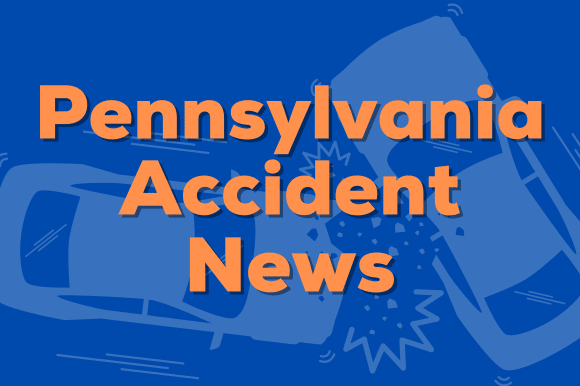
In summary
Elon Musk, the world’s wealthiest man, gave out $1 million checks to gin up support for Donald Trump. California lawmakers want to ban big cash payments to registered voters.
California Sen. Tom Umberg had one person in mind when he drafted a proposal this year that would prohibit offering big cash incentives to turn out voters in hotly contested elections.
“There’s a fellow named Elon Musk,” Umberg, a Democrat representing the Santa Ana area, told his colleagues earlier this year. “You might have heard of him.”
Umberg’s bill would close what he calls a loophole in California election law that he fears Musk and other wealthy people will exploit by hosting lotteries to boost voter turnout. Musk gave out $1 million checks to swing state voters in the presidential election last year and then in Wisconsin a few months later.
Umberg’s bill is among at least a dozen other pending measures in the Legislature aimed at California’s voting and election rules, according to a CalMatters analysis of the Digital Democracy database. The proposals include one that would require high schools to provide voter registration information to students. Another aims to improve voting for overseas service members. Another seeks to help address one of biggest critiques about California’s elections: That it takes officials weeks longer than other states to issue final vote counts.
But only one of the measures takes aim at the world’s richest man and his controversial voter-registration tactics. Neither Musk nor his political action committee have taken a position on Umberg’s Senate Bill 398, which easily advanced through the California Senate and is now pending in the Assembly.
Musk exploited legal loophole
The bill is in response to how Musk and his political action committee tried to gin up support for President Donald Trump last fall. Musk announced in seven contested swing states that he would be giving away $1 million daily to those picked out of a group who signed a petition to support gun rights and free speech. The only requirement was that those signing the petition be registered voters. Musk and his attorneys argued the giveaways weren’t true lotteries since the winners were not chosen by chance, and the awardees became Musk’s “spokespeople.”
A few months later, in the lead up to a contentious Wisconsin Supreme Court race, Musk awarded $1 million checks to at least two voters. He also offered $100 payouts for registered voters who signed a petition opposing “activist judges.”
Learn more about legislators mentioned in this story.
It’s already a crime in California and under federal law to offer cash in exchange for votes or to persuade people to register to vote. Legal experts told NBC News that since Musk and his super PAC weren’t specifically paying people to register to vote or to vote a certain way, it fell into a legal grey area. Plaintiffs in pending lawsuits later alleged that the giveaways amounted to fraud, a claim Musk and his lawyers deny, or that they weren’t paid A Wisconsin government watchdog group filed suit last week, seeking to prevent Musk from offering future payments.
Umberg’s measure would take it further by making it a crime in California to pay people, including via lotteries or other prize-drawing contests, “contingent on whether the person voted or the person’s voter registration status.”
Violators would face up to three years in jail and $10,000 fines. The bill’s supporters, such as Trent Lange, executive director of the California Clean Money Campaign, say there must be penalties to prohibit what Musk did.
“One of the cornerstones of our democracy is a principle that no one should be allowed to buy votes,” Lange told the Senate committee on elections and constitutional amendments in April. “These are transparent attempts to give major financial inducements to people to register to vote. So far, they have gotten away with it.”
Umberg’s bill advanced from the Senate late last month unanimously, including with all 10 Republican senators voting for it. No Republican discussed the bill during the brief floor vote.
The measure hasn’t yet been scheduled for an Assembly hearing.
This post was originally authored and published by Ryan Sabalow from Cal Matters via RSS Feed. Join today to get your news feed on Nationwide Report®.




























